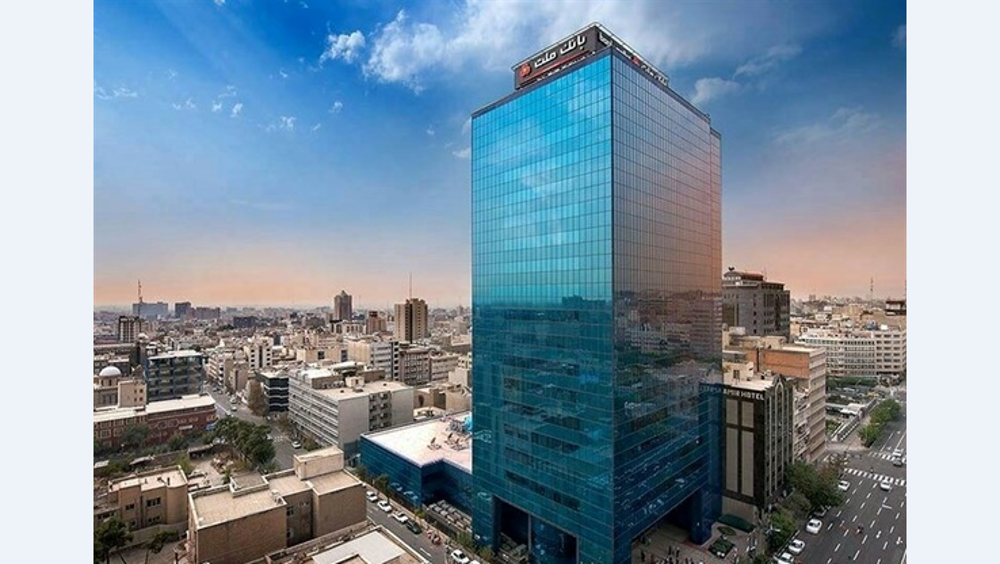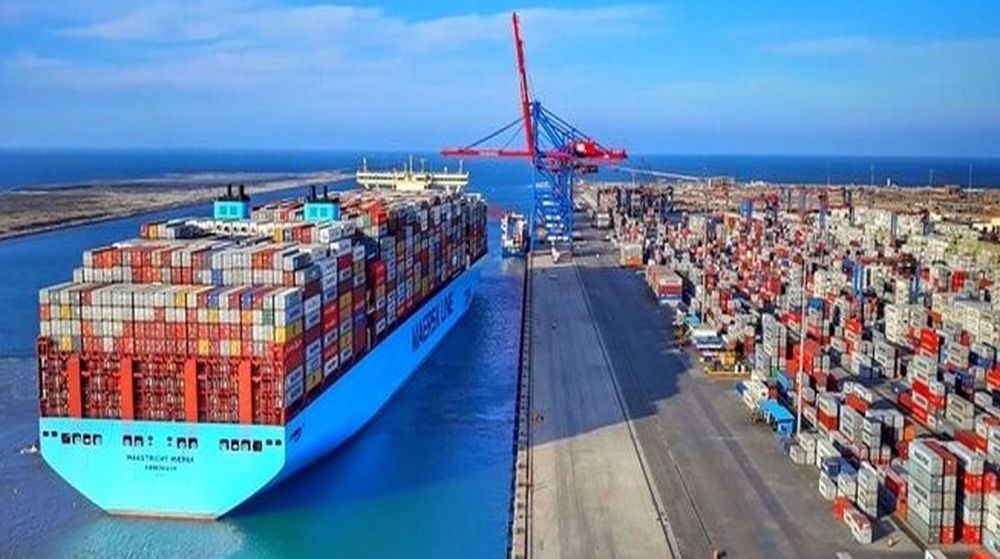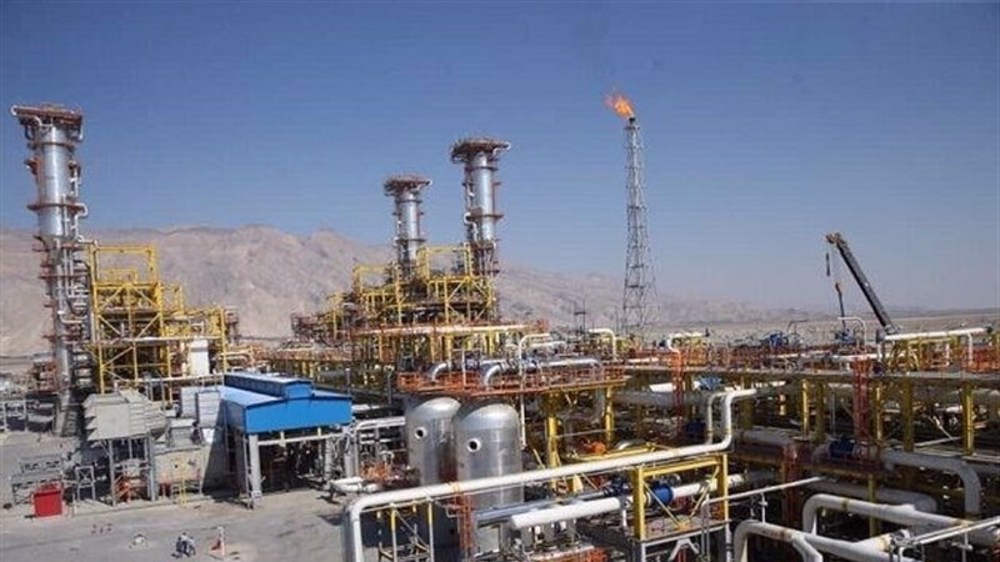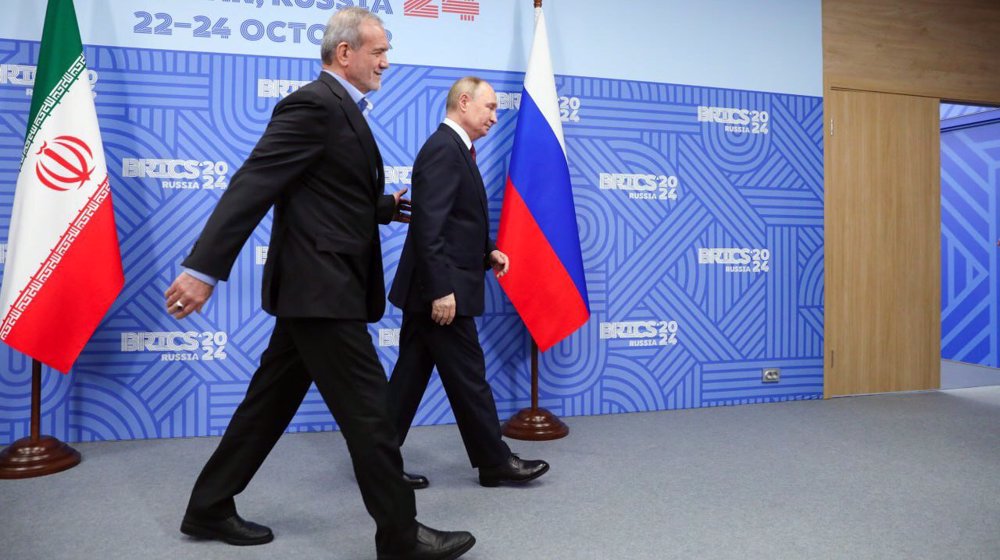Islamic banking in ascendancy: The case of Iran
The 34th Islamic Banking Conference started in Tehran on Tuesday with the participation of bank managers. The event is held every year on the day Iran adopted the law on usury-free banking operations.
Over the years, the conference has become a venue to develop banking knowledge and science, and exchange opinions between domestic and foreign experts with the aim of creating synergy in a worthy manner.
It has built up to one of the biggest scientific events in human sciences in general and Islamic banking in particular, where the latest studies and researches in global finance are presented and examined in the form of lectures, articles, specialized roundtables or educational workshops.
The need to establish an Islamic economic system arose in the wake of the Islamic Revolution in Iran in 1979 with the aim of eradicating usury and laying the foundation for a monotheistic economy based on equity (qist) and justice (‘adl).
Initial measures to Islamize the banking system were taken in 1980 when efforts were made to introduce interest-free financial services and loans which led to the emergence of Qarz al-Hasna funds. The first bill on usury-free banking was submitted to parliament in 1982 and the law came into effect in September 1983.
Under the new law, current account deposits, also called Qarz al-Hasana deposits, are treated as a loan from a customer to the Islamic bank; the bank should guarantee full payment of the principal amount on demand. Demand deposits are considered as Amanah which the bank is expected to hold in trust.
These deposits are deployed in financing, trading or investment activities by using the Shariah compliant modes of finance which bans sectors harmful to society such as alcohol, tobacco and gambling. The profit so earned by the bank is passed on to the depositors according to the pre-agreed ratio per which the lender deduces its fee from the profit.
Shariah also prohibits taking interest on loans. Islamic banks use equity participation systems. It means if a bank lends money to a business, the business will pay back the loan without interest and instead give the bank a share in its profits. If the business defaults or doesn't earn a profit, then the bank also doesn't benefit.
In general, Islamic banking institutions tend to be more risk-averse in their investment practices. As a result, they typically avoid business that could be associated with economic bubbles.
In 2020, London-based global financial analysis magazine The Banker included Iran’s Mellat Bank in the list of the world's top banks compliant with Islamic Sharia. The internationally renowned publication cited a 55.38% growth in the bank’s Sharia-compliant assets making it the second largest Islamic lender in the world.
According to The Banker, Iran and Saudi Arabia are the pioneer countries in Islamic banking with total assets of $400 billion, of which $82.3 billion belong to Bank Mellat.
Over the last half century, the usury-free banking has attracted the attention of many economies but the approach is new and classical interest-based banking is still dominant.
Total Sharia-compliant assets worldwide excluding Iran grew by 12.8% to $1.6 trillion in 2022, with 57% held by standalone Islamic finance institutions, according to data from The Banker Database. The growth registered was significantly higher than for the banking sector as a whole, which saw a 1.7% contraction in assets in dollar terms for 2022.
According to the Islamic Finance Development Report 2023, the Islamic finance industry is projected to grow to $6.67 trillion by 2027.
The theories and philosophy of capitalism have proved unsuccessful in offering solutions to the global economic woes. Many economists believe national and international economic distress is principally the consequence of debt-laden and interest-based financial structures of global banking and economic system.
The splendid growth of Islamic banking and finance and its progress in various regions of the world reflects its ability to deliver financial propositions that are not only Shariah-compliant but also pragmatic to cater to contemporary economic and financial needs.
VIDEO | Indian-administered Kashmir honors Imam Ali’s legacy of justice, leadership
Israel kills female Palestinian journalist based in Gaza’s Indonesian Hospital
US lawmakers demand answers from Biden on Israeli killing of Turkish-American activist
Araghchi: Iran never left negotiation table as its nuclear program ‘peaceful’
Jan. 14: ‘Axis of Resistance’ operations against Israeli occupation
VIDEO | UNRWA’s financial crisis deepens amid support cuts
South Korean President Yoon arrested over failed martial law bid
VIDEO | Press TV's news headlines










 This makes it easy to access the Press TV website
This makes it easy to access the Press TV website